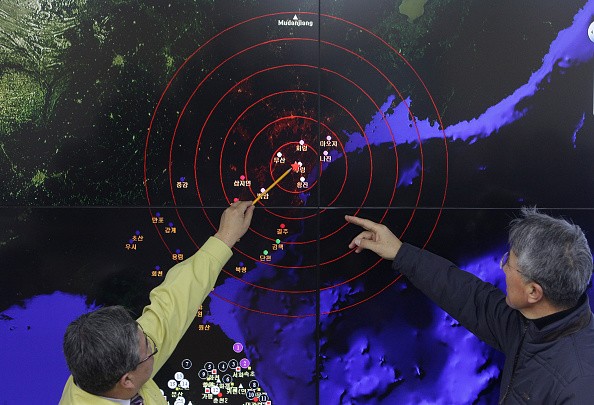The Democratic People’s Republic of Korea (DPRK) harvested international anger over its launch of a ballistic missile. Even ally China hit Pyongyang’s action, although Beijing urged the international community to “react with a cool mind” and “act with discretion.”
The DPRK launched the ballistic missile on Sunday at about 9:31 a.m., according to Japanese Defense Minister Gen Nakatani.
China also asked all relevant parties to refrain from actions that would further increase tensions in the Korean Peninsula in a bid to keep peace and stability in the region. “China has consistently believed that the method for achieving peace, stability, long-term order and tranquility of the peninsula can only be found through dialogue and reconciliation,” stated Foreign Ministry spokeswoman Hua Chunying on Sunday.
Hua added that North Korea has the right to a peaceful use of space, but stressed that right is also subject to restrictions made by Security Council resolutions. To avert escalating tension in the area, she asked the international community to begin contacts and dialogues as soon as possible.
But Ban Ki-moon, U.N. secretary-general, called DPRK’s launch deeply deplorable. The launch got a stronger condemnation from the United States which said it was another destabilizing and provocative action from Pyongyang. U.S. National Security advisor Susan Rice accused DPRK of flagrantly violating several U.N. Security Council resolutions.
Japanese Prime Minister Shinzo Abe and South Korean President Park Geun-hye also spoke against the launch on Sunday. According to the Sacramento Bee, Japan is preparing to impose sanctions on North Korea. However, Japanese Chief Cabinet Secretary Yoshihide Suga did not provide details of the planned sanction when he announced it on Monday at a news conference.
Likewise, Australian Foreign Minister Julie Bishop said that on top of Canberra’s ban on trade in luxury and military products and services with the DPRK, the country is considering adding more unilateral action against North Korea.



























